The Internet of Things
In collaboration with Swisscom
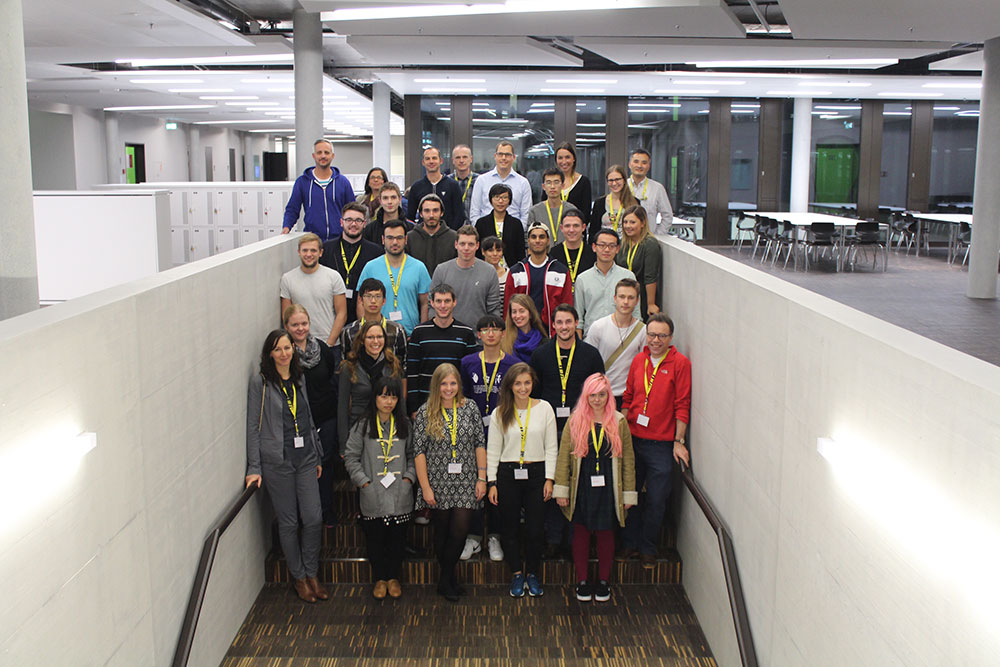
Summary
This year’s iPOLE is carried out in collaboration with Swisscom. Participating educational institutions are the University of Applied Sciences and Arts Northwestern Switzerland FHNW; Merz Akademie, Stuttgart; Northumbria University, Newcastle upon Tyne and Southeast University, China. The course is lead by the Computer Science Department of FHNW. Approximately 30 students in six trans-disciplinary teams will work on the design and development of IoT concepts for future applications under the guidance and supervision of more than 10 faculty members.
Goal
The ongoing deployment of Low Power Networks (LPNs) enables a wide range of novel applications in the areas of M2M (machine-to-machine) and IoT (Internet of Things). The goal of this iPOLE project is to invent, prototype, explore, and demonstrate applications of sensors and machine-to-machine communication. The outcome will be a prototype IoT application using the LP network.
Initial Situation
To enable devices to communicate more efficiently with each other in
the future, Swisscom is testing a network for the Internet of Things.
This low-power network (LPN) is the first of its kind in Switzerland and
connects devices that exchange only small amounts of data with each
other and require only a minimal supply of power. It complements the
existing M2M mobile network solutions.
Since April 2015, Swisscom
started testing the LPN, initially as part of a pilot project in the
regions of Zurich and Geneva. Together with the first customers and
partners, Swisscom is working on potential applications and testing the
LPN specifications.
This iPOLE Project aims at getting a broader
view of this field regarding the following: will LPN‘s enable new
business ideas in the IoT context in contrast to the IoT without LPN‘s?
As we all know, many ideas circulating the IoT have already been
discussed. So by which criteria should these ideas be evaluated on?
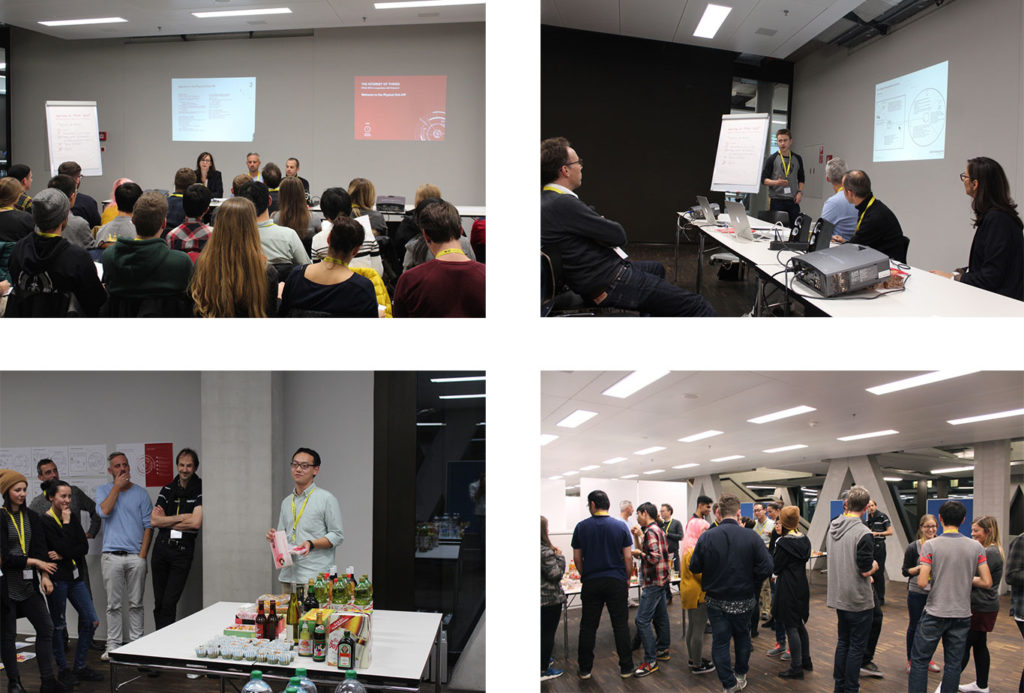
Process and results
After a virtual Kick-Off on video conference and a first research
approach, the whole team met physically during the Kick-Off week in
Windisch. In a team building process, six disciplinary and nationally
mixed groups of around 6 students came together to set up the further
planning: What goals have to be achieved? How to distribute the tasks?
What do we expect from each other, what kind of problems might come up?
An
Internet of Things hands-on workshop gave the students insights into
the matter. The students also visited Swisscom in Zurich, where they
gained further understanding of the requirements and task conditions.
When
the teams left Switzerland to return to their home countries, the
project would continue with regular virtual meetings. The teams would
have to continue brainstorming and ideation, set up scenarios, design
appropriate user interfaces for the task and create prototypes
showcasing how it would all work together in the end.
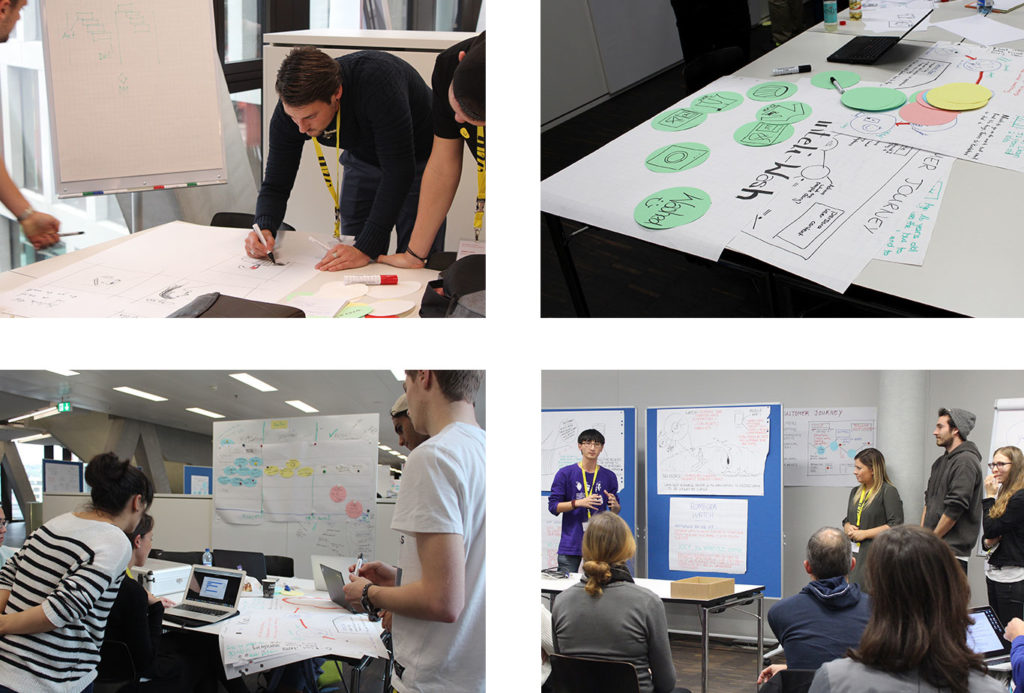
Team Bell
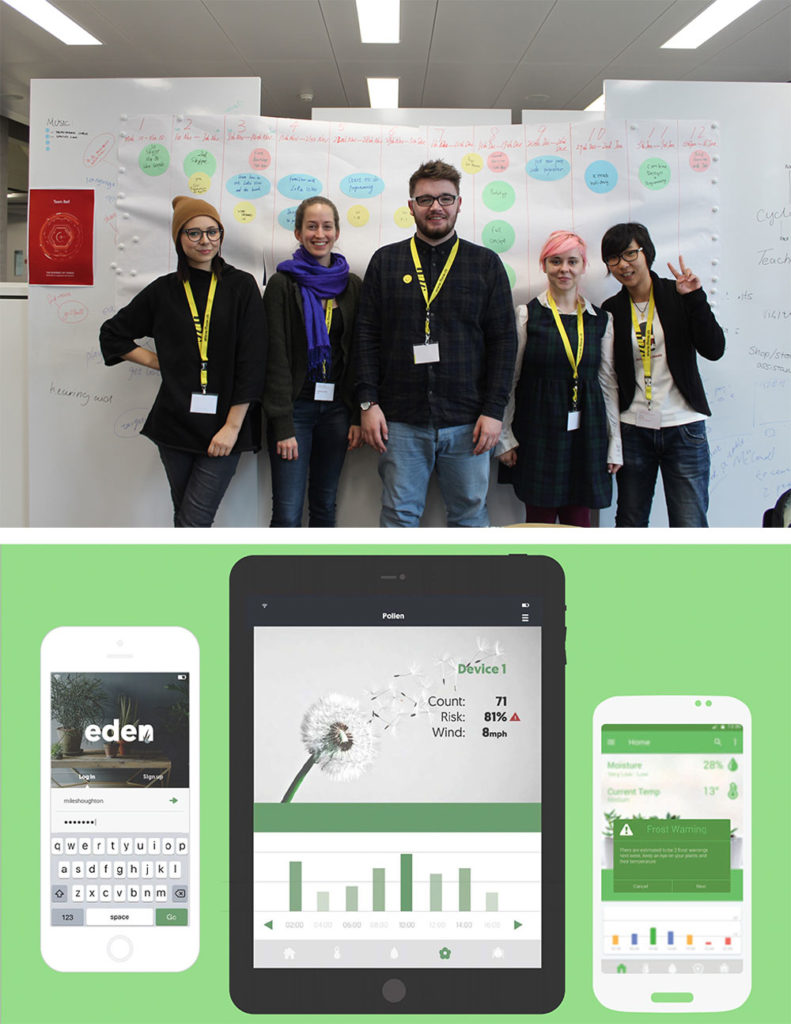
Lisa Foerste (Interface Design, Merz Akademie, DE)
Christina Meyer (iCompetence, FHNW, CH)
Luke Medlock (Interactive Media Design, Northumbria University, UK)
Claire Fearon (Interactive Media Design, Northumbria University, UK)
Nan Xie (Engineering, Southeast University, CHN)
Coach:
Jun Tao (Southeast University, CHN)
Team Bourseul
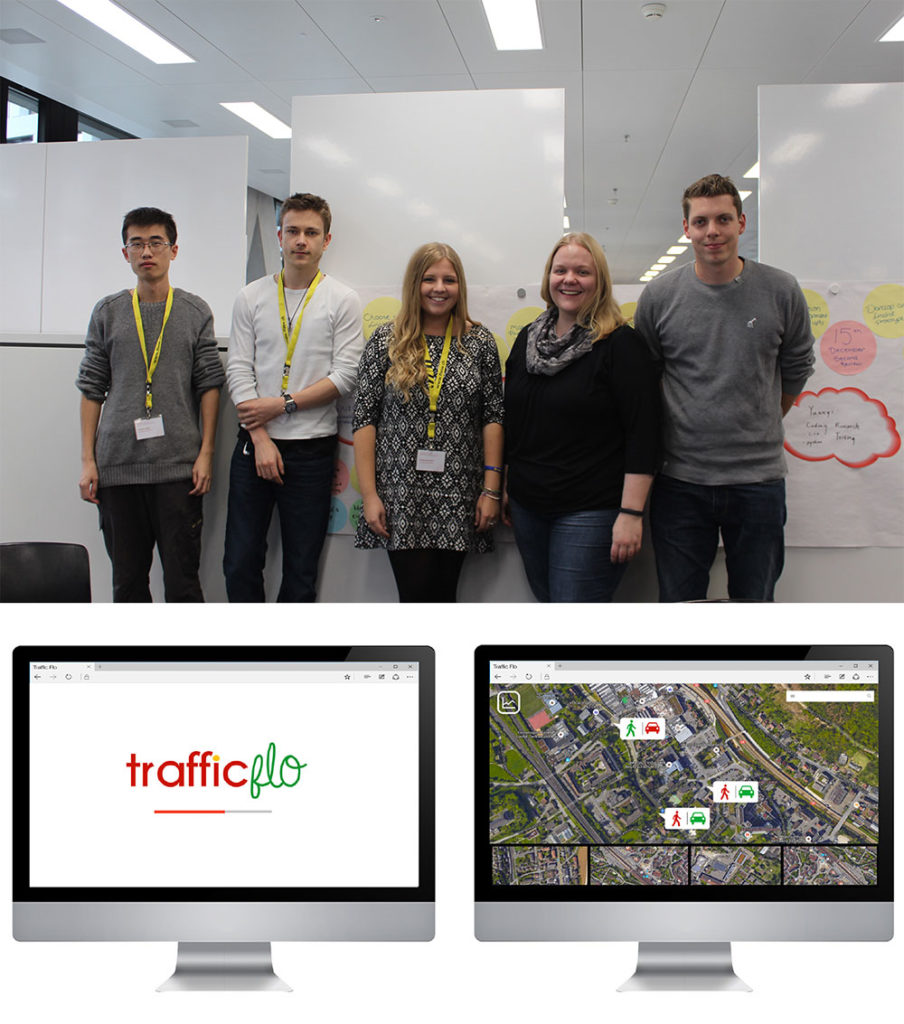
Yuanyi Yang (Engineering, Southeast University, CHN)
Alex Robson (Interactive Media Design, Northumbria University, UK)
Laura Baldock (Interactive Media Design, Northumbria University, UK)
Claudia Haefeley (Applied Psychology, FHNW, CH)
Jürg Steudler (iCompetence, FHNW, CH)
Coaches:
Simon Schubiger
Stefan Arisona
Team Gray
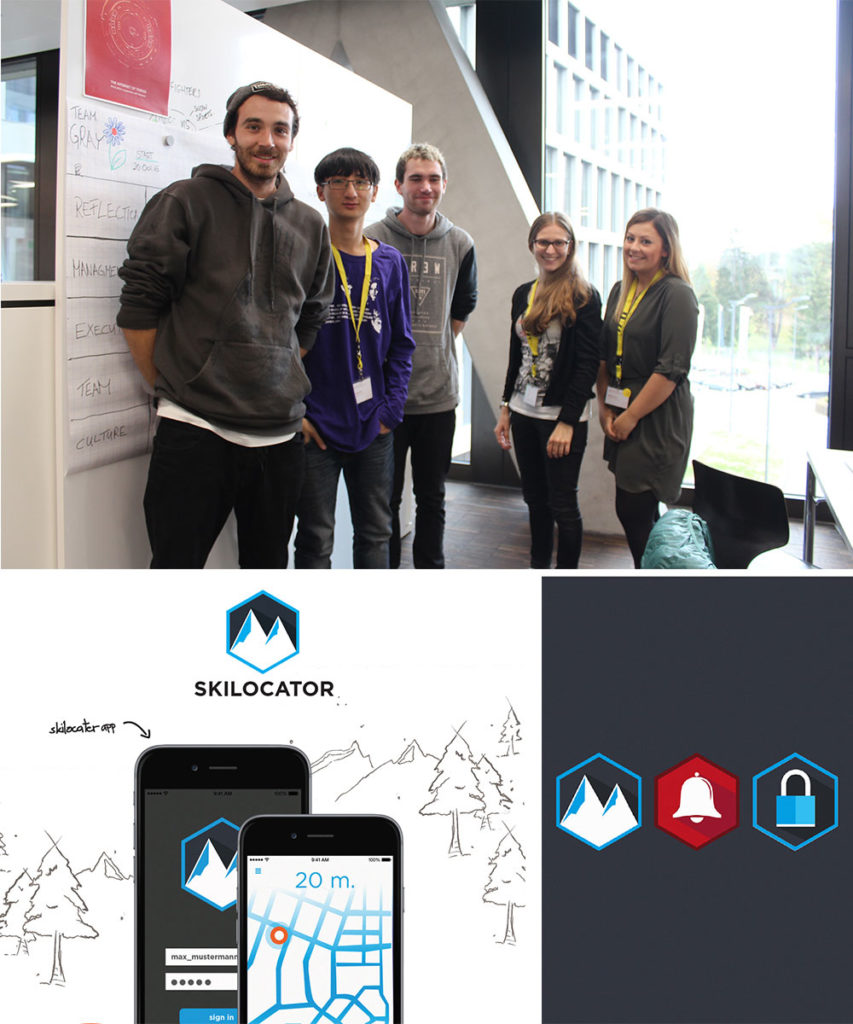
Oliver Huber (iCompetence, FHNW, CH)
Guangli Dai (Engineering, Southeast University, CHN)
Maximilian Tolksdorf (Interface Design, Merz Akademie, DE)
Leonie Bühler (Applied Psychology, FHNW, CH)
Rebecca Lee (Interactive Media Design, Northumbria University, UK)
Coach:
Joost Bottema
Team Meucci
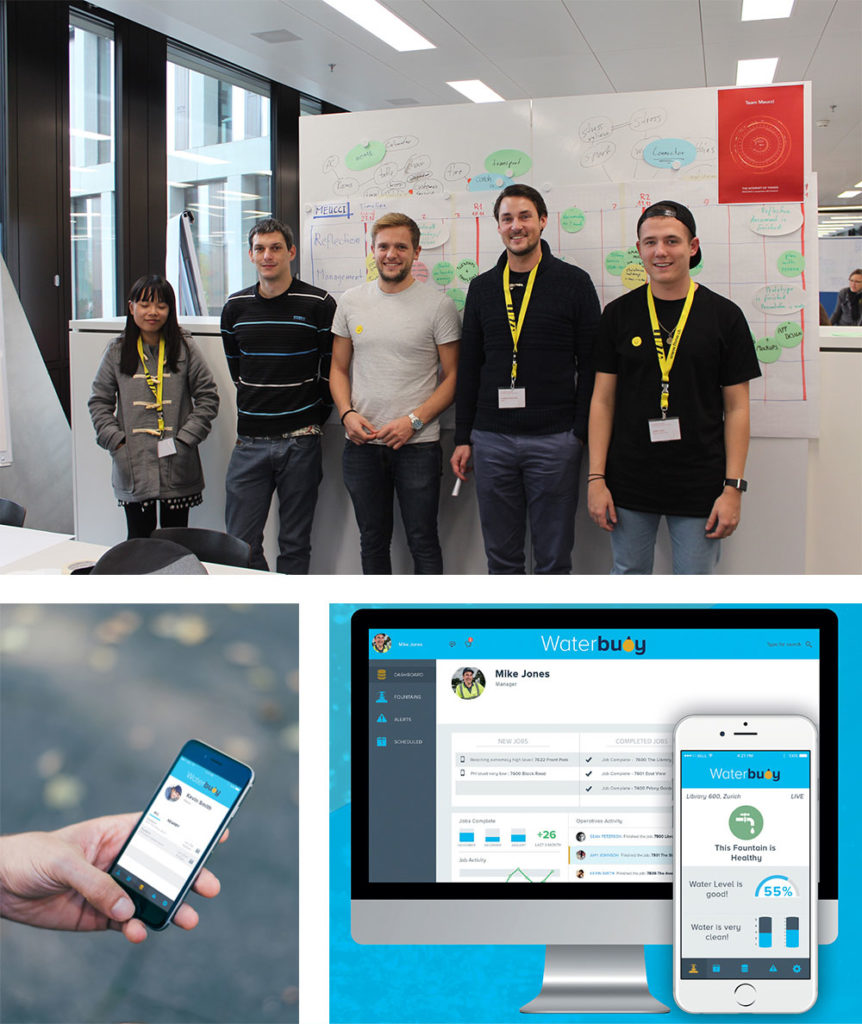
Martin Eberle (iCompetence, FHNW, CH)
Matthew Walsh (Interactive Media Design, Northumbria University, UK)
Florian Haefliger (iCompetence, FHNW, CH)
James Leigh (Interactive Media Design, Northumbria University, UK)
Coach:
Jamie Steane
Team Page
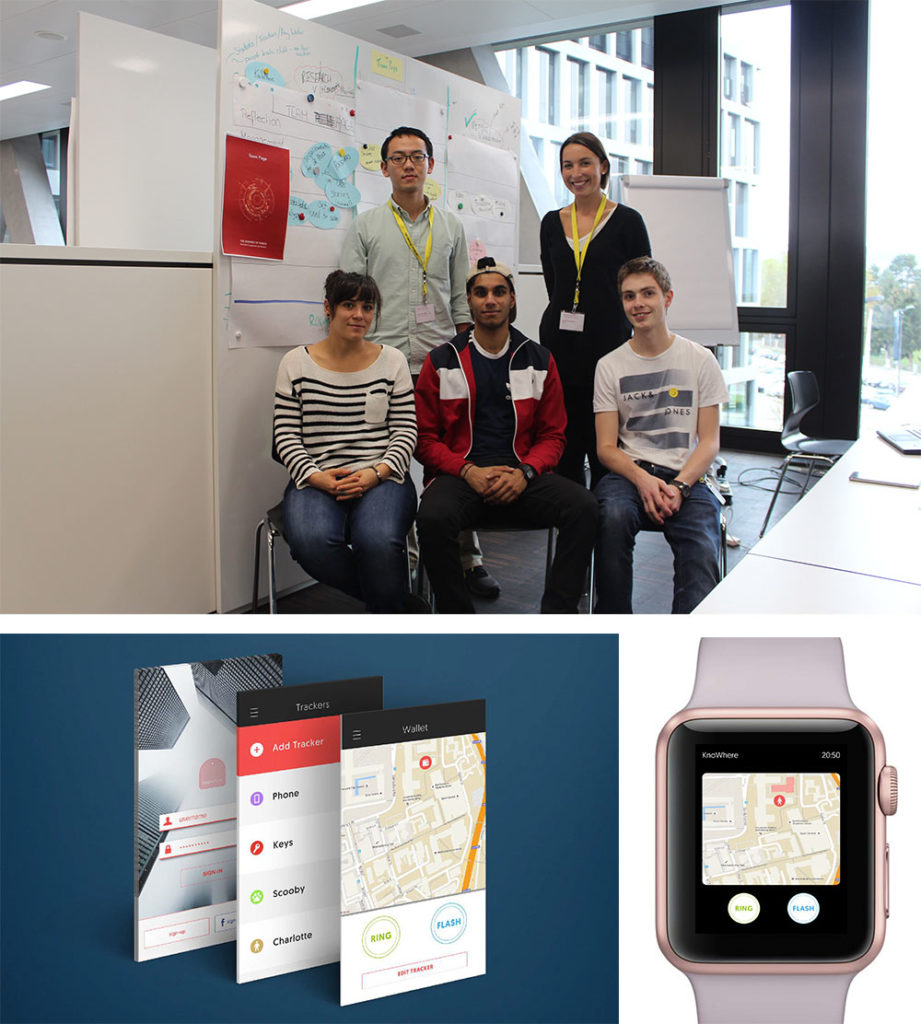
Kaixuan Wang (Engineering, Southeast University, CHN)
Rebecca Bisang (Applied Psychology, FHNW, CH)
Antonella Lovisi (iCompetence, FHNW, CH)
Nimesh Reghunandanan (Interactive Media Design, Northumbria University, UK)
Liam Dexter (Interactive Media Design, Northumbria University, UK)
Coach:
Wolfgang Weck
Team Reis
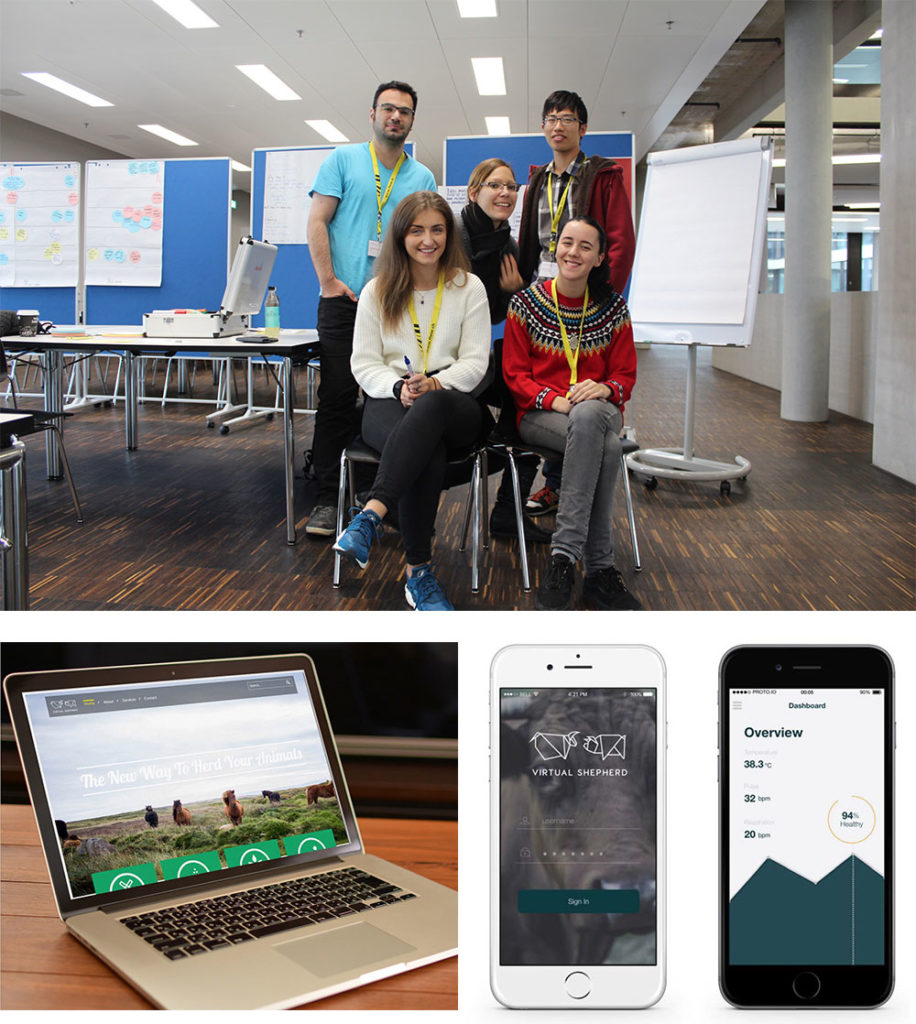
Shahab Jahanabadi (Computer Science, FHNW, CH)
Kathrin Koebel (iCompetence, FHNW, CH)
Bowei Feng (Engineering, Southeast University, CHN)
Léa Bazille (Interactive Media Design, Northumbria University, UK)
Cassandra Hegazy (Interface Design, Merz Akademie, DE)
Coaches:
Mario Doulis
Magdalena Mateescu
Project details
| Duration: | 1 Semester |
|---|---|
| Teams: | 6 |
| Size of teams: | 5-6 Personen |
Industry partner

Lukas Theiler, Swisscom
Simon Prior, Swisscom
Project lead iPOLE
Doris Agotai, FHNW, School of Engineering, Computer Science Department